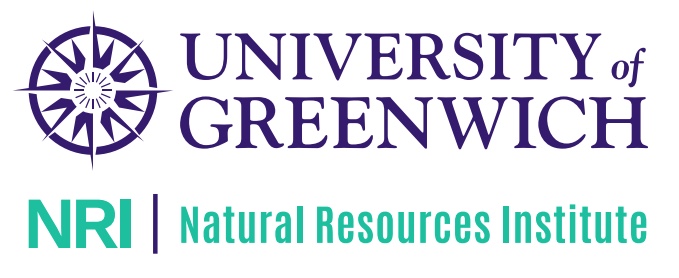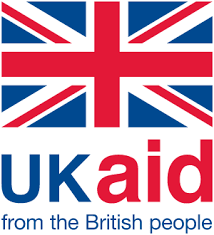Proper consideration of land means that companies need to be ready to reduce concession sizes, adjust pre-conceived business plans and consider how to introduce more inclusive business models that do not require land acquisition. Numerous large-scale agricultural investments have been over-ambitious and some have ultimately failed. Recent pilot projects show how companies can reduce planned size of plantations to accommodate community land rights, and adopt more inclusive approaches with greater participation by out-growers and support diversified community-based businesses that strengthen livelihoods and food security.
Hechos relevantes: Land & InvestmentsVer todo
The LEGEND report Investing Responsibly in Agricultural Land summarises the practical lessons of responsible land investment pilot in different settings and describes changes made to business plans and the reductions in the scale of land acquisitions by major companies:
- Changes made by Natural Habitats Sierra Leone to reduce the planned size of oil palm plantations and increase the role of smallholder farmers in production: See also Soldaridad’s learning story on reduction of the concession size, and the company’s own account of lessons learned.
- Changes to the scale and pace of eucalyptus planting by Portucel, Mozambique to protect community rights, livelihoods and food security and create scope for new outgrower and partnership-based business models and more diversified tree production. See LEGEND RLI case study 1 on paying due attention to tenure rights in investment planning.
Other examples of inclusive business models featured in the 2016 -2019 responsible land investment pilots include:
- Work by Micaia in Mozambique with Baobab Products Mozambique and VSF-Belgium with Dorobo Safaris in northern Tanzania to develop new community-based value chains for natural products and cultural tourism services based on secure collective rights to land and participatory land use planning to reduce pressure on productive land resources.
- Micaia’s reflection papers Innovations and inclusive business in baobab value chains and Changes in household and gender dynamics resulting from baobab business provide insights on how inclusive business can work and the benefits for women’s empowerment and household welfare.
- A project with NGO WHH in Sierra Leone to develop a community owned cocoa production and export business revealed the challenges of NGO led development of community-based business models reliant on both third-party offtake and farm management services and longer term investment capital.
- MIRO Forestry(link is external), with investment from P4F in Ghana, and from CDC in Sierra Leone has established forestry plantations on land leased from land owning families, providing employment and other benefit-sharing mechanisms. In Ghana, Miro also assists local charcoal burners to develop a sustainable community-based charcoal business.
Descargo de responsabilidad: Los datos mostrados en el Land Portal son proporcionados por terceros indicados como fuente de datos o como proveedor de datos. El equipo del Land Portal trabaja constantemente para garantizar el mayor nivel posible de calidad y precisión de los datos, aunque éstos son, por su naturaleza, aproximados y contendrán algunas inexactitudes. Los datos pueden contener errores introducidos por el proveedor o proveedores de datos y/o por el equipo de Land Portal. Además, esta página permite comparar datos de diferentes fuentes, pero no todos los indicadores son necesariamente comparables desde el punto de vista estadístico. La Fundación Land Portal (A) renuncia expresamente a la exactitud, adecuación o integridad de los datos y (B) no será responsable de los errores, omisiones u otros defectos, retrasos o interrupciones de dichos datos, ni de las acciones realizadas en base a ellos. Ni la Fundación Land Portal ni ninguno de sus proveedores de datos serán responsables de ningún daño relacionado con el uso que usted haga de los datos aquí proporcionados.





